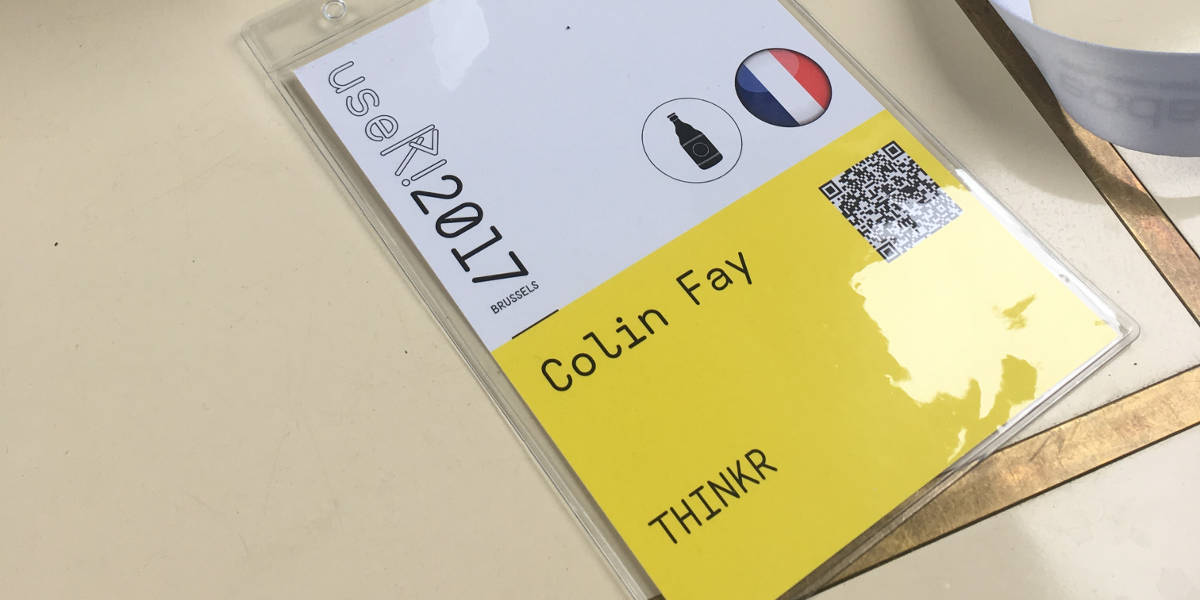Back from useR!2017: a summer to-do list
A quick to-do list brought back from useR!2017.
Last week, ThinkR had the chance to go to useR!2017, Brussels. Here’s some stuffs I’ve brought back, in the form of a summer to-do list.
purrr all the things
I’ve been using purrr on a non regular basis so far. Being used to call the apply functions when needed, purrr didn’t come first in my programming habits. Yet, during her workshop, Charlotte Wickham made a good case for the package, explaining how you can really simplify your code with purrr. In a way, this tidyverse package does the same things as the apply family, yet it provides a more logic and consistent syntax, and control over the kind of output you want to have. It’s also more easy to loop over multiple object and/or with multiple functions.
Let’s say that now I’ve got quite some work updating my old packages using the map_family !
Start using cleanNLP
I’m a big fan of the tidytext package, being a great tool for starting with NLP, but lacking some more advanced features. That’s what cleanNLP provides. At the crossroad of the tidyverse and cutting-edge research in linguistics, this package is designed to turn raw text data into rich text, in tidy format.
First (and obviously) cleanNLP is designed to parse the data into tokens, but then you can call the Java or Python back-end to detect co-reference, part of speech, words type… As I’m writting these words, I’ve so far been struggling with the back-end Java installation, but you’ll get some update about this fight very soon (and of course more NLP :) ).
Do more R6
R6 has been there for quite a while now (3 years), and it’s today the most downloaded package on RStudio CRAN mirror. And yes, this may be due to the fact that well known packages depend on it, like dplyr or shiny. But still, this R class is designed to be lighter, and faster. Object oriented programming is not the way people usually program with R, but I think I have to give it a shot. More on that too very soon.
Start using more my Datacamp account
I’ve always be fond of online learning. Datacamp provides a great solution to learn both R and Python. They’re now launching a SQL course, and plan on having about a 100 courses by the end of the year. So, I’m just gonna have to try them all :)
Btw, if ever you want to try but don’t know if you should really pay for that, I’ve got quite a few coupons left for a 2 days premium trial for free. Check this link.
Get a >ls() tattoo.
A real one.

Create more Open Data
I’ve so far engaged in some open data projects, mainly through Data-Bzh. I’ve created several open-data-sets, but you can say that’s not enough. Epecially when you know how easily you can use rvest for scraping more data from over the web, and put the results online.
Try JUG
This package is designed to create API within R. The live demo at useR! was quite convincing, adn I have to say that I really want to dig deeper into it. More on GitHub, and here when I have a chance to try out.
Start using miner
Presented by David Smith, the miner package allows to control over Minecraft, within R. Quite a good way to get kids into programming !
Decide how I should pronounce CRAN
I’ve always been saying “KRAN”, but Uwe Ligges pronounces it “SEE-RAN”. I think I’m gonna stick to “KRAN”, though, that really sounds more natural to me.
Sounds like a good plan for the summer, right?



What do you think?